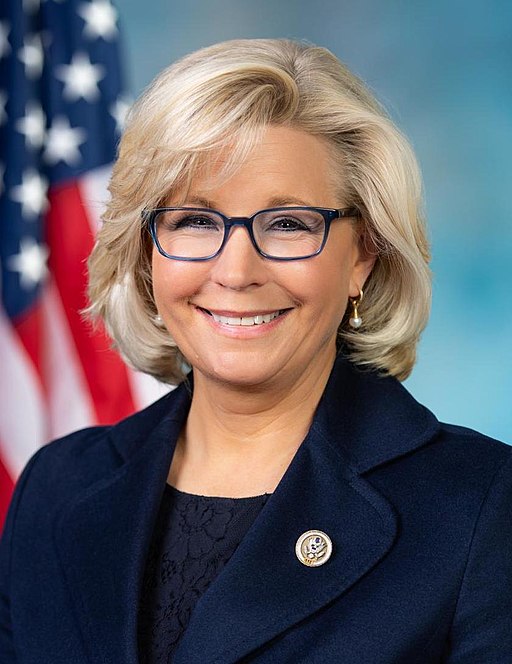The former Wyoming Republican, known for her staunch anti-Trump stance, will vote for the democratic vice president, marking a significant political shift
On September 4, 2024, Liz Cheney, the former Republican Representative from Wyoming and a vocal critic of former President Donald J. Trump, declared that she will vote for Vice President Kamala Harris in the upcoming presidential election. Cheney made the announcement during an event at Duke University, stating that her decision is driven by her belief in the imminent threat posed by Trump.
In her speech, Cheney emphasized that her opposition to Trump extends beyond mere dissent and into active support for Harris as a safeguard against Trump’s potential return to the White House. “Because of the danger that Donald Trump poses,” Cheney stated, “I will be voting for Kamala Harris.”
Embed from Getty ImagesThe reaction from the audience was enthusiastic, with Cheney’s unexpected endorsement generating significant applause. Cheney’s choice is particularly notable given her previously harsh critique of Harris and her left-leaning policies.
Previously, Cheney had expressed concerns about Harris’s policy positions, describing her as a “radical liberal” in a 2020 interview. Cheney’s decision to support Harris represents a stark contrast from her prior statements and reflects her deep concerns about Trump’s influence.
Cheney’s endorsement aligns with her broader efforts to undermine Trump’s candidacy. After voting to impeach Trump following the January 6, 2021, Capitol attack, Cheney lost her leadership role and congressional seat. She has since been a prominent figure in the anti-Trump movement, including serving on the House committee investigating the Capitol assault.
The endorsement is also a strategic move by Harris’s campaign, which has been actively seeking support from anti-Trump Republicans. Cheney’s decision to publicly support Harris rather than merely criticize Trump underscores her commitment to preventing Trump’s re-election, despite her limited alignment with Harris’s policy positions.
In contrast, some other prominent Republicans, like former Senator Pat Toomey, have opted to abstain from supporting either major candidate, citing their disillusionment with both Trump and Harris. Cheney’s choice provides a potential model for conservative voters struggling to reconcile their values with Trump’s candidacy.
Cheney plans to continue her advocacy by highlighting Trump’s past actions, including his alleged abuse of power and attempts to overturn the 2020 election results. Her appearances in key states aim to underscore the risks of a second Trump term.
The announcement has energized both Cheney’s supporters and Harris’s campaign, which sees it as a critical endorsement from a high-profile Republican figure. Cheney’s shift from a Republican critic to a Democratic supporter reflects her deep concerns about Trump’s impact on American democracy.
Analysis:
Political: Cheney’s endorsement of Harris marks a significant realignment in her political stance and could influence undecided or moderate voters, especially in swing states. Her move also places additional pressure on Republican leaders who remain hesitant to distance themselves from Trump. The endorsement is likely to impact the GOP’s internal dynamics, potentially encouraging more anti-Trump Republicans to make similar endorsements.
Social: Cheney’s decision may resonate with voters who are disillusioned with Trump but find themselves at odds with the Democratic nominee’s policies. Her support for Harris could serve as a rallying point for voters who prioritize defeating Trump over party loyalty. It also highlights the evolving nature of political affiliations in response to perceived threats to democratic norms.
Racial: While the endorsement itself is not directly related to racial issues, the broader context of Trump’s presidency has had significant racial implications. Cheney’s support for Harris, who is the first female Black and South Asian vice president, may be seen as a step towards addressing concerns about racial representation and leadership in American politics.
Gender: Cheney’s endorsement of Harris is notable as it represents a significant political crossover by a prominent female Republican politician in support of a female Democratic candidate. This move underscores the intersection of gender and politics, particularly in a high-stakes election where gender dynamics are a key consideration.
Economic: Cheney’s decision may influence economic policy discussions, particularly if it shifts voter focus away from Trump’s economic record and towards Harris’s policy proposals. Her endorsement could affect perceptions of economic stability and policy continuity, depending on how Harris’s campaign leverages Cheney’s support.
